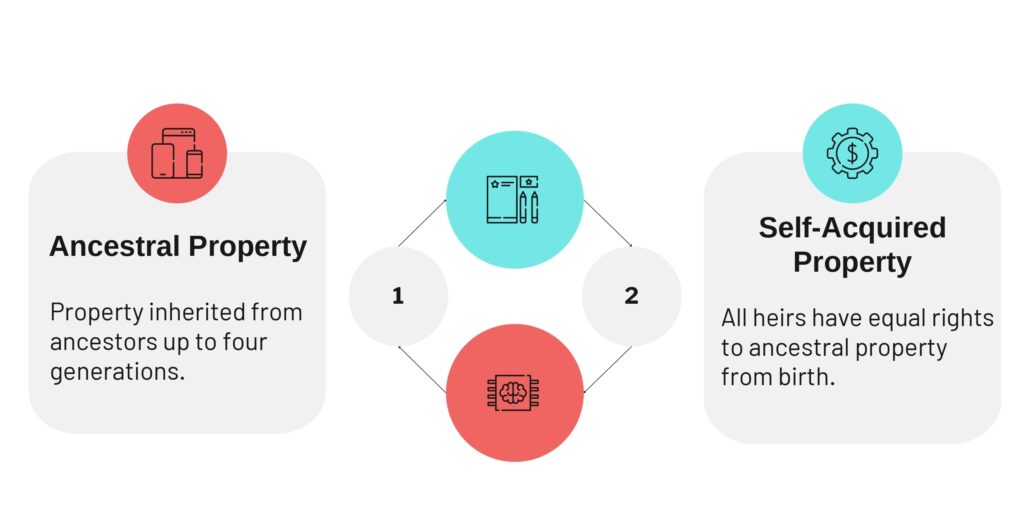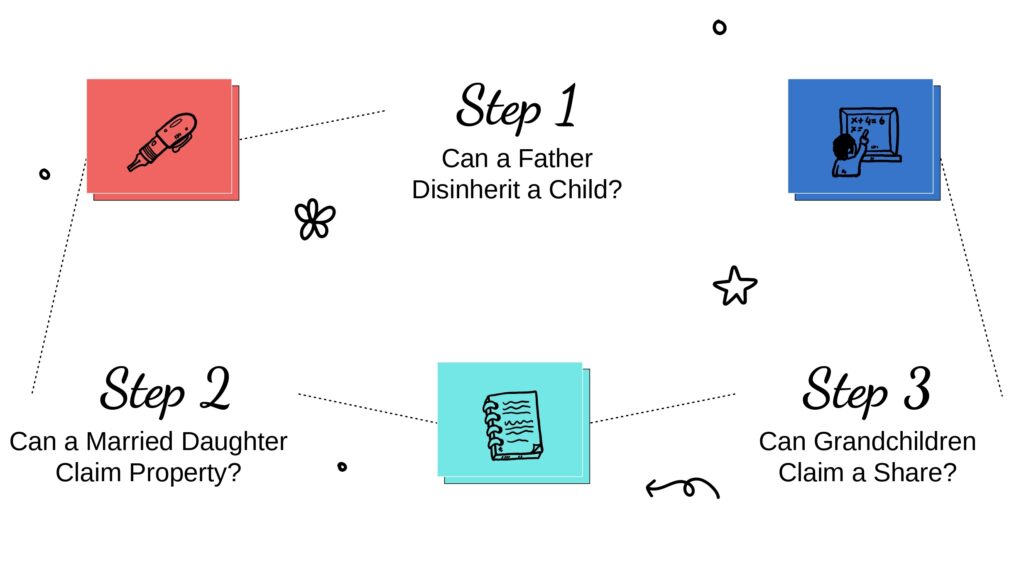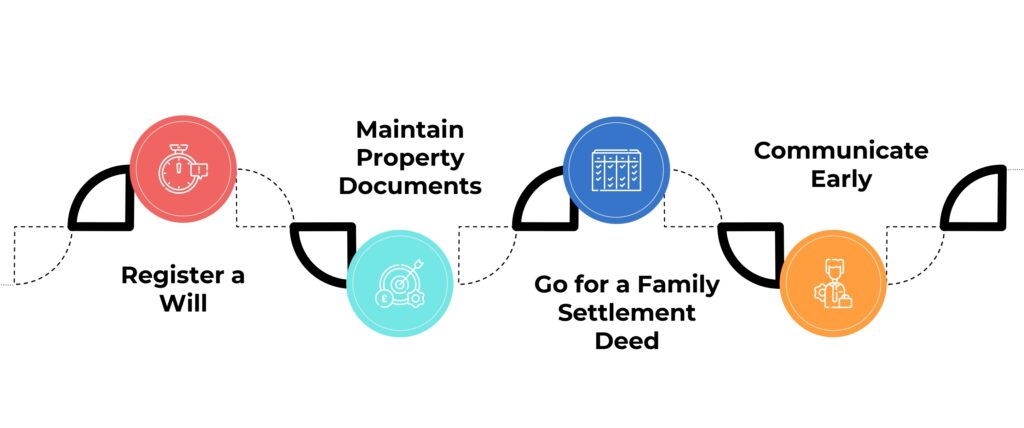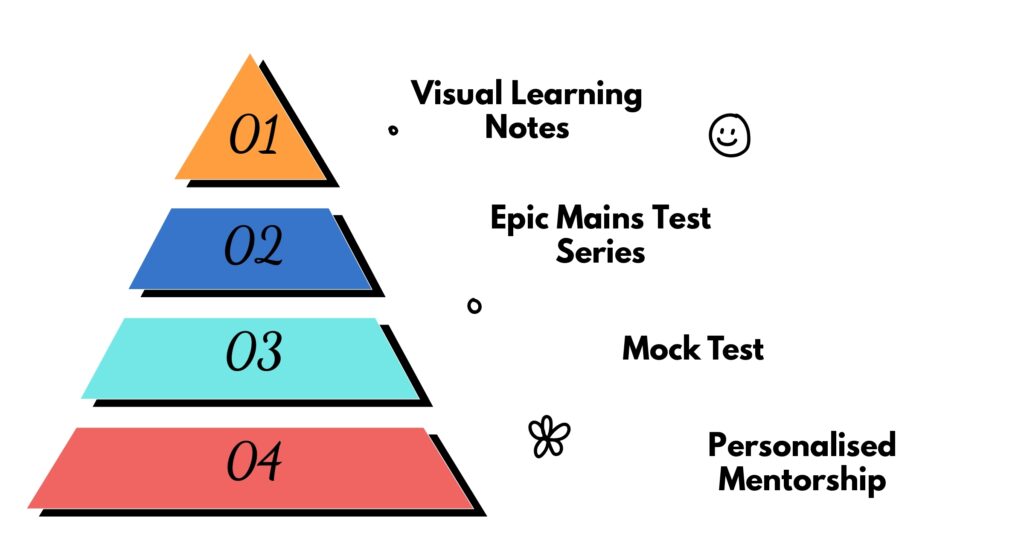Family property disputes are one of the most common causes of litigation in India. Whether it’s a disagreement between siblings, a conflict over a will, or confusion about ancestral versus self-acquired property, emotions often outweigh logic.
But what does the law really say about who gets what? Let’s break it down, minus the jargon.
Ancestral vs. Self-Acquired Property: Know the Difference

🔹 What is Ancestral Property?
- Property inherited up to four generations of male lineage (from great-grandfather onwards).
- It must be undivided to retain its ancestral status.
- Sons, daughters, and grandchildren have a birthright in it (after 2005).
🔹 What is Self-Acquired Property?
- Property bought or inherited by a person through personal effort or gift/will.
- The owner has complete freedom to transfer or will it to anyone, even outside the family.
Legal Tip: A lot of disputes start because people mistake self-acquired property for ancestral property. Always verify the source!
What the Hindu Succession Act, 1956 Says
This act governs inheritance among Hindus, Sikhs, Buddhists, and Jains.
🔸 Before 2005
- Only male heirs had rights in ancestral property.
- Daughters were not considered coparceners.
🔸 After 2005 Amendment
- Daughters have equal rights in ancestral property.
- They can demand partition, just like sons, even if born before 2005.
🧾 Landmark Case: Vineeta Sharma v. Rakesh Sharma (2020), SC clarified that daughters have equal coparcenary rights, regardless of whether the father was alive in 2005.
What If There’s a Will?
Valid Will = Owner’s Choice Wins
- A legally valid will overrides default succession laws.
- It can include or exclude any heir, even family members.
No Will = Intestate Succession
If someone dies without a will, the property is divided as per legal succession laws:
Hindu Family (Intestate Succession Order):
- Class I Heirs – spouse, children, mother
- Class II Heirs – father, siblings, etc.
- Agnates and cognates
Common Family Property Disputes & What the Law Says

Can a Father Disinherit a Child?
- Yes, from self-acquired property (via will).
- No, from ancestral property, all legal heirs have a birthright.
Can a Married Daughter Claim Property?
- Yes. Post-2005, married daughters have equal rights in ancestral property.
Can Grandchildren Claim a Share?
- In ancestral property: Yes, they get a birthright.
- In self-acquired property: Only if mentioned in a will.
How to Avoid Property Disputes in the Family

1. 📜 Register a Will
Ensure it’s legally sound and updated.
2. 🧾 Maintain Property Documents
Clarity in titles avoids future confusion.
3. 👨👩👧👦 Go for a Family Settlement Deed
An amicable agreement avoids years of court battles.
4. 📢 Communicate Early
Discuss inheritance plans while everyone is alive.
⚖️ When to Go to Court
- When there’s no mutual agreement among heirs
- If someone has illegally occupied property
- When a will is challenged
- If partition is being denied to rightful heirs
🏛️ Courts will look into property type, succession rights, validity of will, and more before delivering a verdict.
💡 Final Thoughts: Law Over Emotion

Family property disputes are emotionally draining but legally manageable if you understand the law.
The key is knowing your rights and taking preventive legal steps before emotions boil over.
🚀 Want to Simplify Legal Prep?
Whether you’re a law student, judiciary aspirant, or just legally curious, Edzorb Law is your one-stop destination.
📚 Learn the law with Visually Learning Notes, Mock Tests, and Personalised Mentorship.










 Features
Features






